
Biologic therapies for severe asthma and chronic rhinosinusitis with nasal polyps (CRSwNP) significantly improved ear-related symptoms, enhancing patient quality of life and treatment outcomes.

Rose is an editorial director at The American Journal of Managed Care® (AJMC®).
She has a BA in journalism & media studies and Spanish from Rutgers University. You can connect with Rose on LinkedIn.

Biologic therapies for severe asthma and chronic rhinosinusitis with nasal polyps (CRSwNP) significantly improved ear-related symptoms, enhancing patient quality of life and treatment outcomes.

Children with spinal muscular atrophy (SMA) showed motor function improvements after switching to onasemnogene abeparvovec following prior treatment with nusinersen or risdiplam in a real-world study.
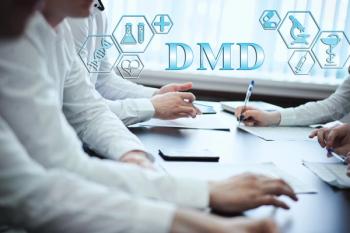
DYNE-251 received FDA breakthrough therapy designation, showcasing its potential for patients with Duchenne muscular dystrophy (DMD).

Dordaviprone (Modeyso) is now approved to treat recurrent H3 K27M-mutant diffuse midline glioma, an ultra-rare, aggressive brain tumor primarily affecting children.

Amy Paller, MD, pediatric dermatologist and clinical researcher at Northwestern Medicine's Feinberg School of Medicine, discussed the potential impact of reducing immunoglobulin E (IgE) levels in pediatric patients with atopic dermatitis.
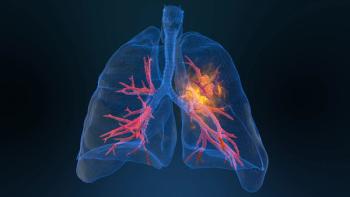
Taletrectinib was added to the National Comprehensive Cancer Network (NCCN) Clinical Practice Guidelines in Oncology as a preferred option for the first-line and subsequent treatment of advanced ROS1-positive non–small cell lung cancer (NSCLC).
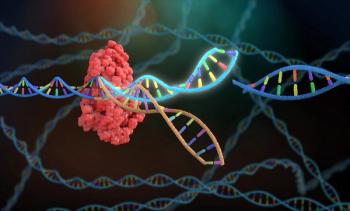
Gene therapy appears to be a promising approach for a subset of genetic deafness, although challenges remain with development and manufacturing.

Shipment of delandistrogene moxeparvovec, a gene therapy for Duchenne muscular dystrophy (DMD), will resume following a voluntary pause.
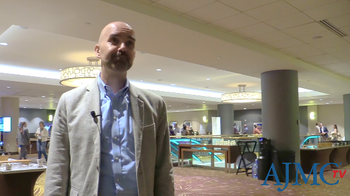
Cory Simpson, MD, PhD, assistant professor of dermatology at the University of Washington, spoke to the need for more treatment options in genetic skin conditions and the possibility of drug repurposing.
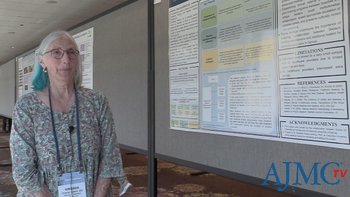
Virginia Sybert, MD, clinical professor of medical genetics at the University of Washington, discussed what dermatologists should know about molecular testing in clinical practice.
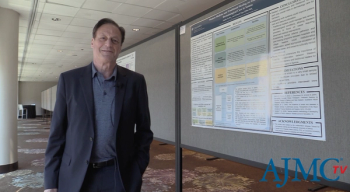
The efficacy of ruxolitinib cream in pediatric patients shows that nonsteroidal management of atopic dermatitis is feasible, said Lawrence Eichenfield, MD, chief of pediatric and adolescent dermatology at Rady Children's Hospital.
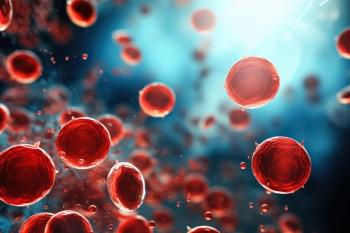
The JAKoMo study highlights ruxolitinib's long-term efficacy and safety in myelofibrosis, showing improved quality of life (QOL) and fewer adverse events in the real-world setting.

States participating in the Cell and Gene Therapy (CGT) Access Model will be testing outcomes-based payments for sickle cell disease treatments.

Access to obstetric care declined across the US, especially in rural areas, with more than 7 states seeing more than 25% of hospitals lose obstetric services from 2010 to 2022.

Finerenone gained FDA approval for heart failure treatment, showcasing significant benefits in reducing cardiovascular events, based on FINEARTS-HF trial results.

TAS-205 showed no significant impact on motor function in patients with Duchenne muscular dystrophy (DMD), highlighting the ongoing search for effective treatments for the rare condition.
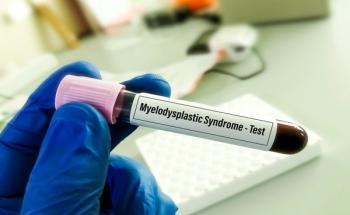
There are molecular testing gaps in myelodysplastic syndrome (MDS) and acute myeloid leukemia (AML) treatment, highlighting the need for improved testing and targeted therapy integration.

Families caring for individuals with Duchenne muscular dystrophy (DMD) face significant financial burdens from necessary home and vehicle modifications to enhance quality of life.

There are significant racial disparities in outpatient referrals for opioid use disorder treatment, highlighting urgent need for targeted interventions in emergency care, according to a recent study.

Artificial intelligence (AI)–based electrocardiogram interpretation (AI-ECG) detected left ventricular systolic dysfunction (LVSD) in patients with muscular dystrophy, a recent study found.
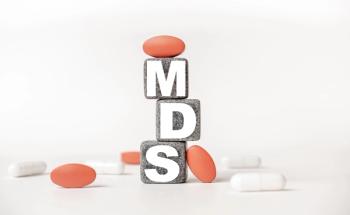
Shorter venetoclax durations in patients with acute myeloid leukemia (AML) and myelodysplastic syndromes (MDS) yielded comparable survival outcomes in a new study, challenging treatment norms.

The Choose Medicare Act would establish a Medicare Part E that would give employers and the general public the ability to opt into the program.
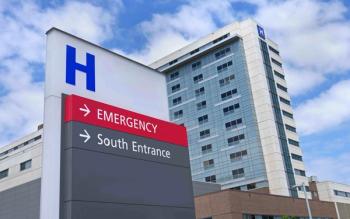
Engaged hospital leadership enhances the adoption of health-related social needs initiatives, driving progress toward health equity and improved patient care, according to a new study.

The findings support the clinical benefits of delandistrogene moxeparvovec in patients with Duchenne muscular dystrophy (DMD).

RGX-202 shows promising efficacy in Duchenne muscular dystrophy, improving functional outcomes and biomarker expression in early trial results.

The tablet formulation of zanubrutinib (Brukinsa; BeOne) is now approved for all 5 indications across several hematological cancers.

Structured exercise programs should be a part of the standard of care for colon cancer following adjuvant chemotherapy, authors of the CHALLENGE study recommended.
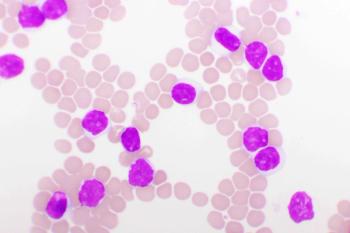
Zanubrutinib showed long-term efficacy in patients with chronic lymphocytic leukemia (CLL) or small lymphocytic lymphoma (SLL) and deletion of the 17p chromosome, with progression-free survival similar to patients without high-risk disease characteristics.
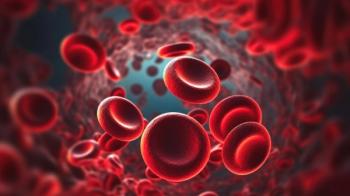
Patients with myelodysplastic syndrome (MDS) who received luspatercept showed greater hemoglobin gains and transfusion independence compared with erythropoiesis-stimulating agents (ESAs) in a real-world analysis.

The FDA introduced Elsa, an artificial intelligence (AI) tool intended to enhance efficiency in clinical reviews and scientific evaluations.

259 Prospect Plains Rd, Bldg H
Cranbury, NJ 08512
© 2025 MJH Life Sciences®
All rights reserved.
